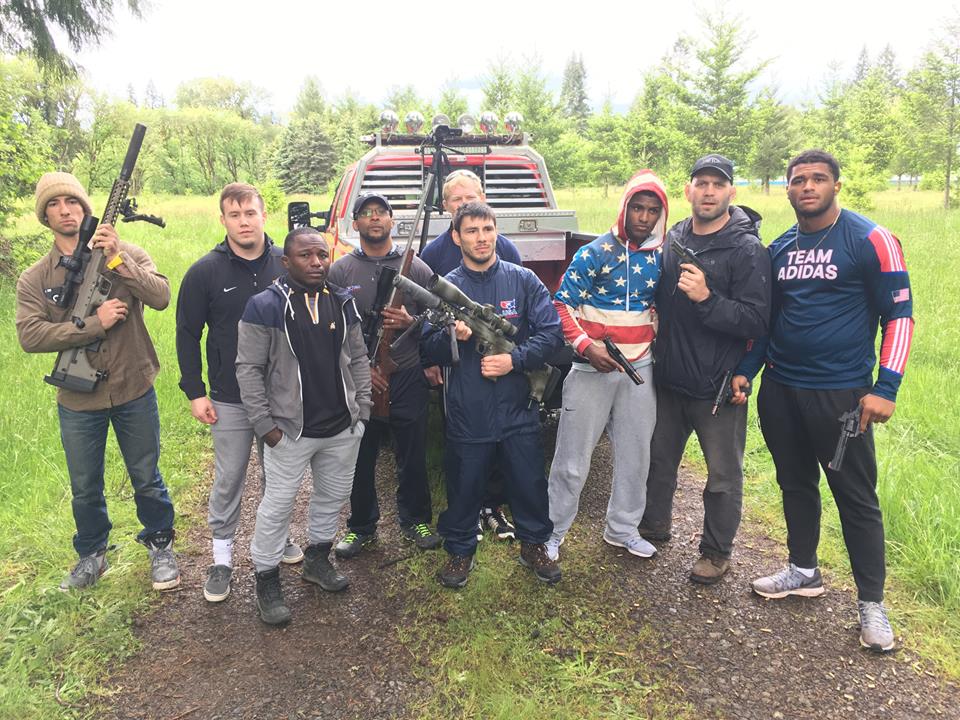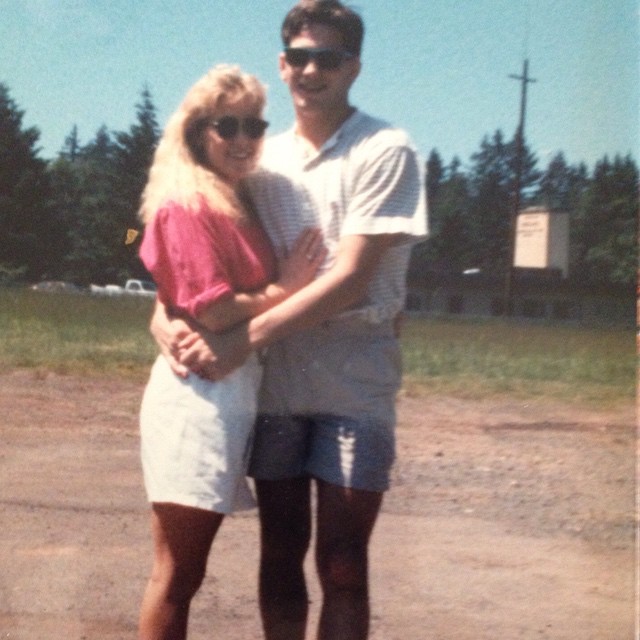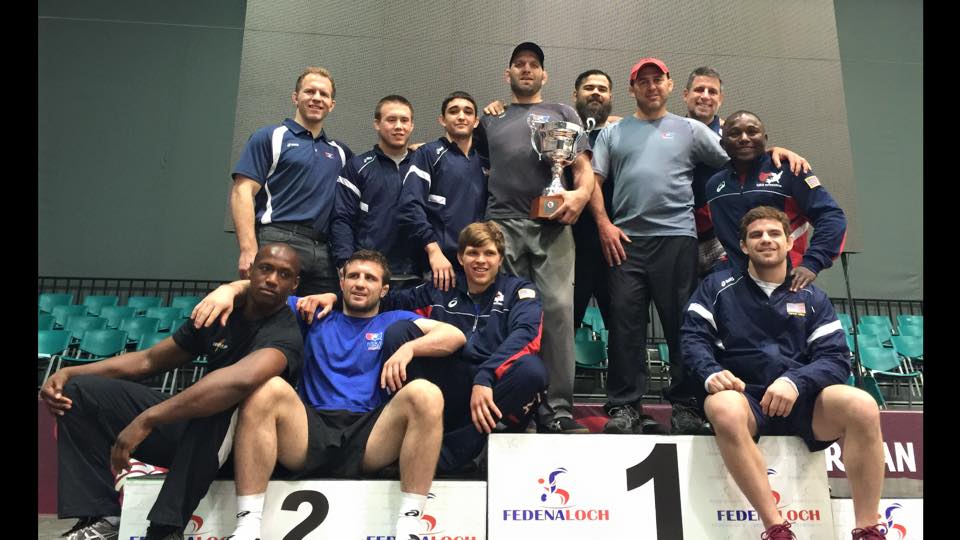I recently began my fourth year as National coach. I was thinking I’d have this figured out by now. The job of coaching young men has its demands, and will continue to. There are always going to be new challenges and obstacles to overcome.
I pray. I reflect. I contemplate. I also study. One of my favorite pastimes is to read about great leaders and the methods they used to achieve success. There have been plenty of them throughout history, particularly in the world of sports. I’ve studied the works of famed UCLA basketball coach John Wooden, the legendary Bill Bowerman, Tony LaRussa for what he was able to accomplish as the manager of the Oakland A’s and later, the St. Louis Cardinals. But it was reading up on a leader who operated in a completely different realm that has really shaped my perspective as of late — General Douglas MacArthur.
This was a most unusual man. MacArthur was a five-star General and field marshal of the Filipino Army during World War II. He was both extremely intelligent and extremely demanding. MacArthur expected his orders to be followed to the strictest letter of the law. Yet, he had problems all his life following the orders of those who were his commanders.
MacArthur’s mind for combat exuded such brilliance that he could design battle plans which left the enemy no choice other than to surrender or be destroyed. Many of the strategies he was responsible for developing not only played a pivotal role in vanquishing the enemy, but also saved the lives of countless troops under his command. He was extraordinarily brave in battle, perhaps sometimes to the point of near foolishness, at least in the eyes of his critics. Then again, he won every medal and honor the United States can grace a soldier with. Ultimately, at the end of his life, MacArthur rejected war and warned American political leaders to avoid armed conflict.
Often times, people made jokes about MacArthur. Some of his soldiers sang songs that made fun of him. Many others believed he was the best general ever to serve in the United States military.
Through my research, I also came to discover that MacArthur served as the president of the US Olympic committee in 1928 for the Summer Games in Amsterdam. This makes sense. MacArthur led his athletes into the Olympiad like a general leading an army onto the battlefield. In what was a slightly unusual but no less effective message, MacArthur told the US athletes that they didn’t travel 3,000 miles to lose gracefully. This fierce will to win evidently brought forth with it a pronounced source of inspiration. The US team took home twice as many gold medals as any other country at those Games, which included a gold medal from Allie Morrison in wrestling. The US broke 17 Olympic records and to pile on, seven world records, as well. Obviously, given my station in life, this information has made MacArthur’s influence as a leader even more interesting to me.
As I continued to read about one of the great leaders in American history, I happened upon what is called A Father’s Prayer, which appears at the end of his book. The prayer captivated me, and as I read through it, I couldn’t help but reflect on how I have prayed for my children.
I pray I can be the father God wanted me to be.
I pray the lord works through me to teach, train and be an example.
I pray for health, and safety and the ability to protect my children.
I pray that they would know and love the Lord.
I prayed that my children will have character, and that they will take the responsibility to respond rightly to authority and to challenges they face in their lives.
I pray that they will gain wisdom, to make the wise choices in life.
I pray my children find purpose that provides meaning and impact in their lives.
I pray they find relationships and someone to share their lives with.
The reason A Father’s Prayer by General MacArthur felt like it related to me so much is because I wasn’t just studying leadership as I, too, find myself praying for my men the same way I pray for my own children.
I love these men just like I love my children. I want them to have all that I want my own children to have.
A relationship with our Heavenly Father.
Relationships with Godly men.
A relationship with a Godly spouse.
Safety and protection.
Character and wisdom.
Purpose and meaning.
Love and passion.
As I was pleading with God to protect, correct, and shape my men, He put on my heart the idea to draft a coach’s prayer, just like the one General MacArthur wrote. I started writing the prayer and just changing the words from ‘Father’ to ‘coach’ didn’t feel right, like it wasn’t God’s plan. “Give me an athlete” didn’t sit well in my heart. The more I prayed and listened to God, the more I kept hearing “You’re the coach” and this is a coach’s prayer. I know I am the leader God placed over these men and my job is to shape them, mold them, and lead the way.
Thank you for allowing me the privilege of sharing this prayer with you.
Matt Lindland
US Greco-Roman National Team head coach
November, 2017
A Coach’s Prayer
Make me the coach, O Lord, who will love my athletes like I do my own children.
Make me a coach who will show love and encouragement, and a coach who will discipline and correct with love and respect.
Help me to be fair and just, to correct any misdirection, and to send my men on the righteous path step by step.
Lord, work through me as I work to model your example.
Make me the coach, who will show my men the strength to face weakness; the courage to face fear; the grace to accept honest defeat; and the humility and gentleness to accept victory.
Make me the coach who will show my men not a path of ease and comfort, but the ability to accept the challenges of stress and difficulty. Use me Lord, I pray, to be the example of one who can stand up in the storm, and thereby learn compassion for those who fail.
Make me the coach who will teach his men the value of a clear heart and a high goal; to look in the mirror of their own faults before they find fault in others; to learn to laugh, understand it’s okay to cry; to reach into the future without ever forgetting the past.
Make me the coach, O Lord, who will show my men enough of a sense of humor so that they will always be serious, but never take themselves too seriously. Give them humility, so they will always remember the simplicity of true greatness, the open mind of true wisdom, the meekness of true strength.
And after all these things are theirs, add for me, I pray, the wisdom to show them the dubious value of titles, positions, money, and material gain; and the eternal value of prayer, the Holy Bible, a Christian home, and a saving relationship with Your Son Jesus Christ.
Then I, their coach, will dare to whisper, “I have not lived in vain.”









